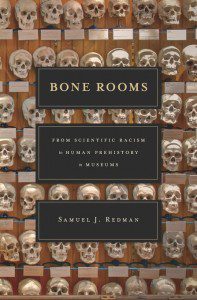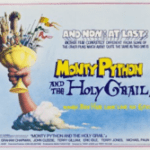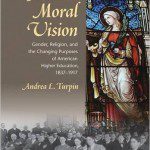“Answer me one question. Are these the shadows of the things that will be, or are they shadows of things that may be, only?” (Ebenezer Scrooge, to the Ghost of Christmas Yet to Come) I have been discussing some of the Megatrends that had transformed the US since the mid-1970s. (By the way, the word Megatrends dates from 1982). Most would have been very surprising indeed to Americans of the 1970s. I have written in the past about the failures... Read more

















